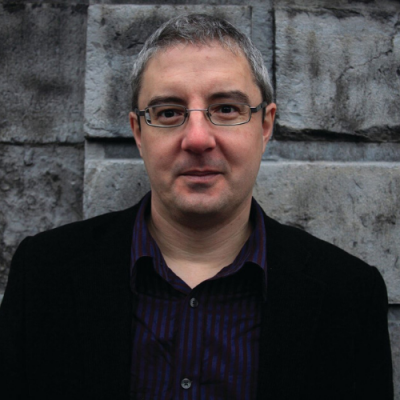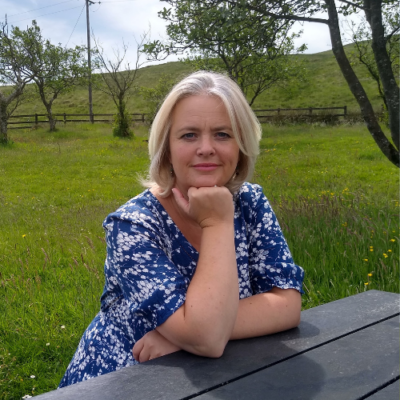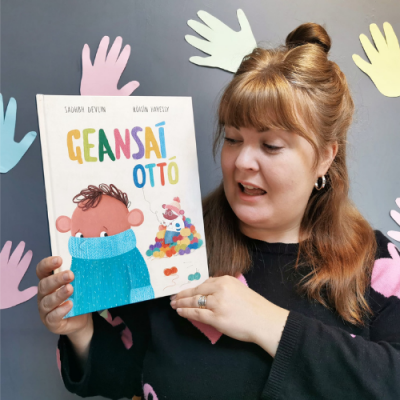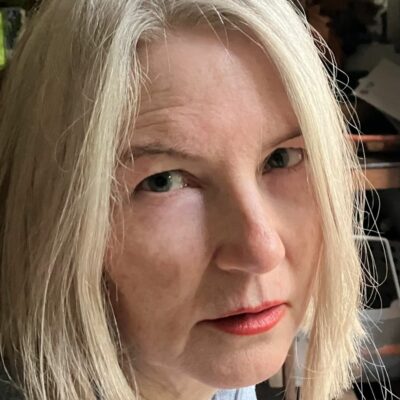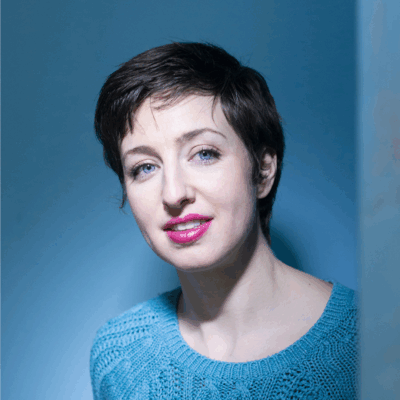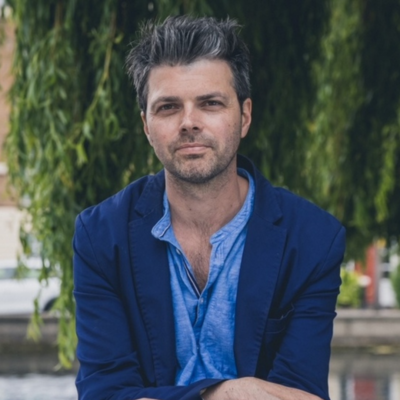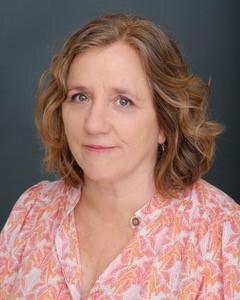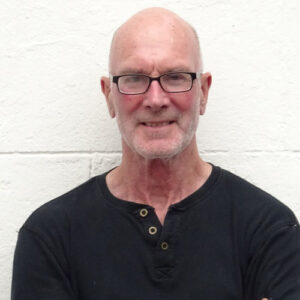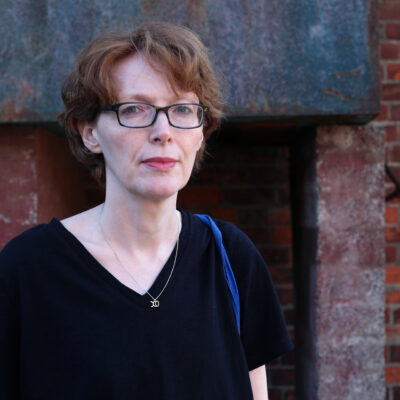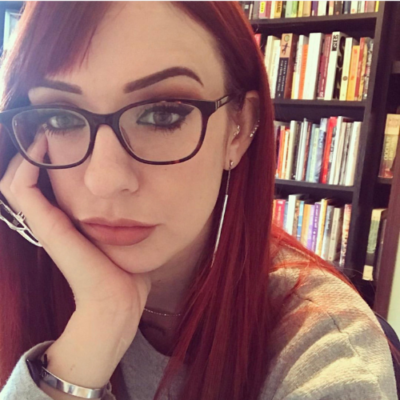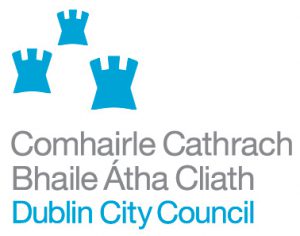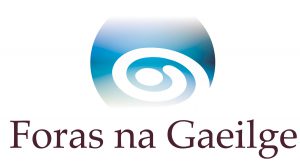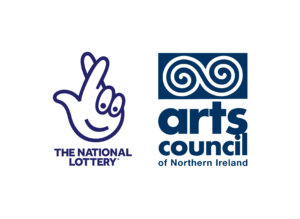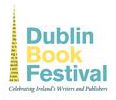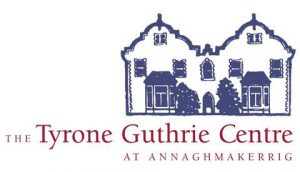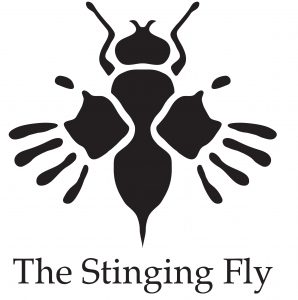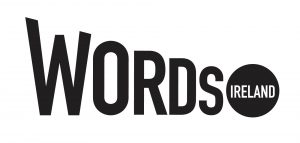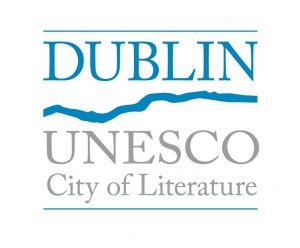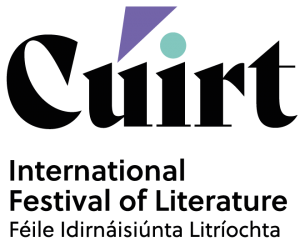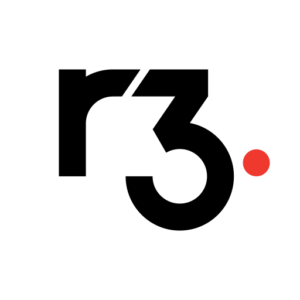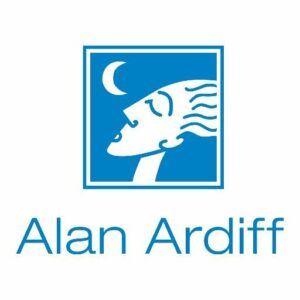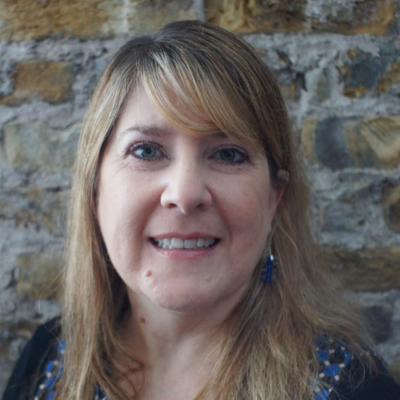
Flash Fiction Transformations: Making the Ordinary into the Extraordinary with Marie Gethins
Info
Date: September 4, 2023
Time: 6.30 pm - 8.30 pm
Duration: 6 weeks
Level: Beginner |
Cost: €165 (€150 Members)
Location: Online
This course will take place on Mondays (six sessions in total).
Course Summary
The most distilled form of prose, flash fiction relies on subtext. Our lives are full of snapshot incident, ripe for fictional mining. Through careful word choice, metaphor and layering, ordinary moments or situations can be transformed into powerful, bite-sized stories full of emotional resonance. In this course, participants will read and discuss examples drawn from a variety of flash fiction styles, learning how to incorporate practices that can enrich their own work. Short bursts of writing time will generate initial drafts, with students having the option to submit full drafts for comprehensive individual critique.
Course Outline
Week 1: LOOK! Introduction, reading and analyses of successful flash fiction using ekphrasis—descriptions of visual stimulus (photo, artwork, etc). Prompts provide participants the opportunity to test their own interpretations.
Week 2: Place. Reading and analyses of flash fiction where landscape plays a significant character role and how this affects reader understanding and emotional response, particularly in a time of climate change. Prompts provide participants the opportunity to test their own interpretations.
Week 3: Animals. Reading and analyses of unusual or unexpected use of animals in flash fiction. Real-world, metaphorical and mythological examples will be discussed. Writing prompts inspire participants to explore the potential animals offer to enrich their flash.
Week 4: People/Relationships. Reading and analyses of flash fiction focused on human interaction. How to take the familiar and make it fresh through new angles and stylistic techniques. Prompts provide participants the opportunity to test their own interpretations.
Week 5: Historical. Reading and analyses of flash fiction based on the past—well-known world events as well as tightly focused incidents—reinterpreting from unique perspectives. Prompts provide participants the opportunity to test their own interpretations.
Week 6: Futuristic. Reading and analyses of flash fiction with an eye to possibilities—from the mundane to monumental. Playing with ideas of what may come from the humorous to the sinister. Prompts provide participants the opportunity to test their own interpretations.
Course Outcomes
Participants will gain craft techniques through word choice, metaphor, formatting and design styles to alter the common into the remarkable for emotional depth and resonance. Post-course individual critiques are available to participants on up to 1000 words of material generated during the workshop.
Marie Gethins has had work featured in NFFD Anthologies, Banshee, Fictive Dream, Pure Slush, Bath Flash Fiction Anthologies, FlashBack Fiction, Jellyfish Review, Litro, The Cormorant Broadsheet, Australian Book Review and others. She has been awarded B.A.’s in English Literature and Dramatic Art/Dance from U.C. Berkeley, an MSt in Creative Writing from the University of Oxford and a PhD in Creative Writing from the University of Limerick. Her work has been selected for Best Microfictions, BIFFY50, and Best Small Fictions. She edits for flash ezine Splonk., and critiques the Oxford Flash Fiction Prize.

